Body Farm Z
by Deborah Sheldon
Genre: Horror
To solve murders, you must understand the process of decomposition.
Australia’s newest body farm, the Victorian Taphonomic Experimental Research
Institute, is hidden in bushland some four hours’ drive from Melbourne.
Scattered across its 150 acres are human donor cadavers and pig carcasses
arranged to mimic some of the ways in which police might find murder victims:
exposed to the elements, buried in a shallow grave, wrapped in tarpaulin.
Forensic scientists and graduate students meticulously track each stage of
putrefaction. Today, Detective Rick Evans of the Homicide Squad is at VITERI
for the re-creation of one of his cold cases. A human donor will be locked
inside a car. But the donor has other ideas... So begins a facility-wide
outbreak of the reanimated dead.
I'm an award-winning author from Melbourne, Australia. I write short stories, novellas and novels across
the darker spectrum.
My latest releases, through several publishing houses, include the horror novels "Body Farm Z",
"Contrition", and "Devil Dragon"; the horror novella "Thylacines"; the crime-noir novellas "Dark Waters"
and "Ronnie and Rita"; and the dark fantasy and horror collection "Perfect Little Stitches and Other
Stories" (winner of the Australian Shadows Best Collected Work 2017).
My short fiction has appeared in many well-respected magazines such as Quadrant, Island, Aurealis, SQ
Mag, and Midnight Echo. My fiction has been shortlisted for numerous Australian Shadows Awards and
Aurealis Awards, long-listed for a Bram Stoker Award, and included in various "best of" anthologies. I'm
also guest editor of this year's edition of Midnight Echo.
Other credits include TV scripts such as Neighbours and Australia's Most Wanted, feature articles for
national magazines, non-fiction books published by Reed Books and Random House, and award-
winning medical writing.
Publisher: Severed
Press
Facebook: @SeveredPress Twitter:
@severedpress
GUEST POST
Are
your characters based off real people or did they all come entirely
from your imagination?
I
doubt I could capture the personality of a real person on paper! Real
people are infinitely complicated. Even if I could, the demands of
the plot would soon change them beyond recognition. This is because
characters are the flip-side of plot; the stuff that happens in a
story depends on how characters think, feel and respond.
However,
I need to “see” characters in my mind’s eye before I can write
about them. I use real-life “tags” to help pin down my
characters. For example, in Body
Farm Z,
the caretaker looks a lot like my husband – 6’4”, solidly
built, middle-aged, of Northern European stock. But that’s where
the similarities end. Sometimes, the “tag” is as simple as a real
person’s haircut, gait, or style of speech. I might take a single
trait from people I know or from strangers I’ve noticed in the
street, at the mall or in a restaurant, but the bottom line is that
my characters come from my imagination, and spring from the
necessities of the plot.
Where
did you come up with the character names?
I
have a systematic approach. Once I decide age, sex and ethnicity,
only then do I look for names. A few rules I’ve given myself...
Firstly,
each name has to start with a different letter of the alphabet.
(Stories that have a Martha, Melba, Muriel and Mabel soon get me
bamboozled.) Since names go in and out of fashion, the age of the
character matters greatly, which is why I always scour lists of
popular names throughout the relevant decades. (For example, how old
do you think a man named Cecil might be?) Incorporating a range of
ethnicities not only reflects the makeup of multicultural Australia,
but in fiction helps the reader to remember which character is which:
in Body
Farm Z,
for example, how could you confuse Rick Evans with Magnus
Vestergaard?
The
most important element, however, is how the full name sounds.
I speak it aloud; does it hit the ear
like
a real name? If not, I decide whether I prefer the first name or the
surname, ditch the other, and keep searching.
When
did you first consider yourself a writer?
When
I sold my first piece: a non-fiction article on steroid abuse to an
Australian bodybuilding magazine. (I was a gym rat back in the day.)
I was eighteen years old, in my first year of university, and had
been writing in various forms since I could hold a crayon. I can
still remember my disbelief and joy upon opening the envelope and
seeing a cheque instead of a rejection letter. (Yes, that’s how old
I am – this happened in 1986, way
before the internet or email. Everything was done by “snail mail”
back then.)
Follow the tour HERE for special content and a giveaway!
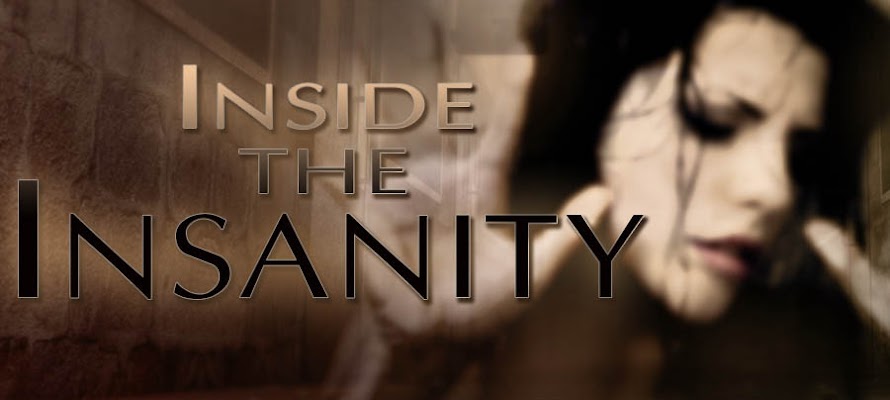
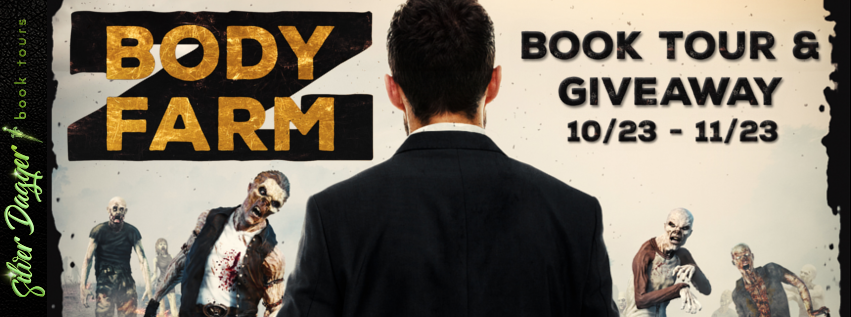
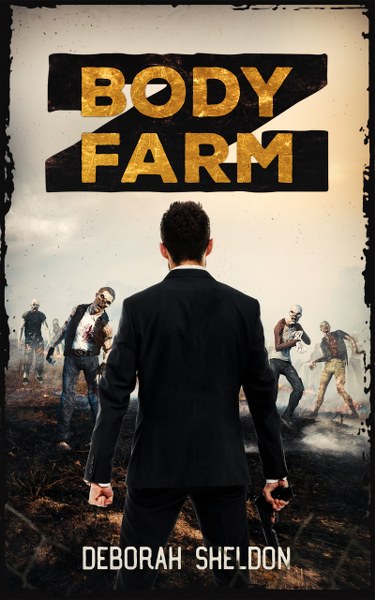
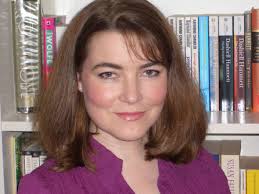

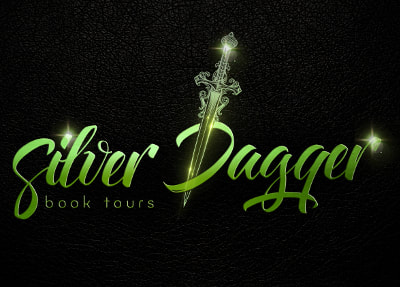
No comments:
Post a Comment